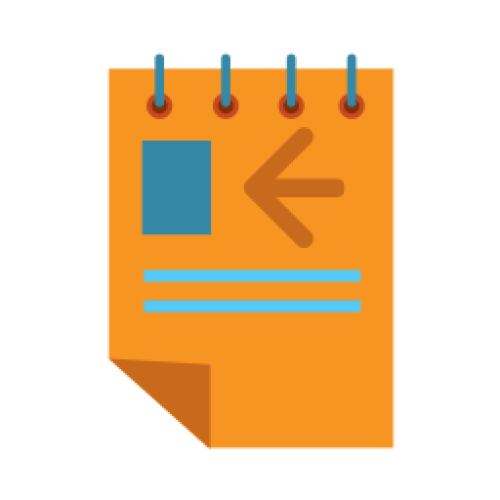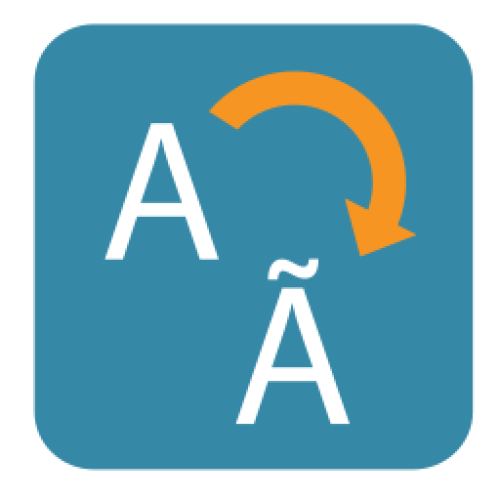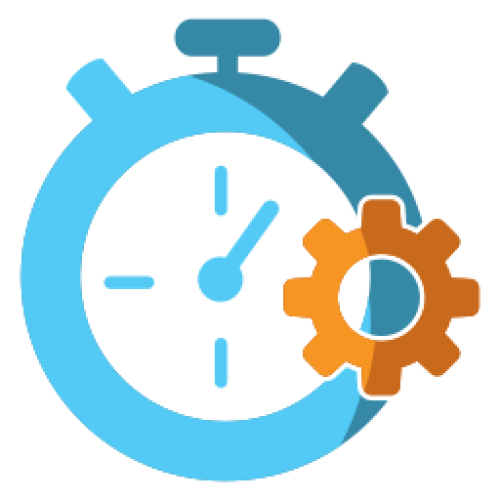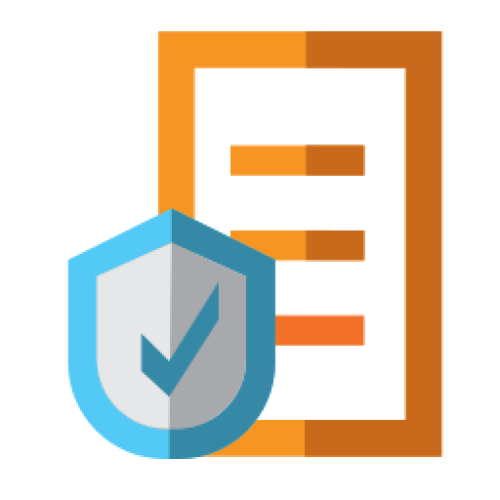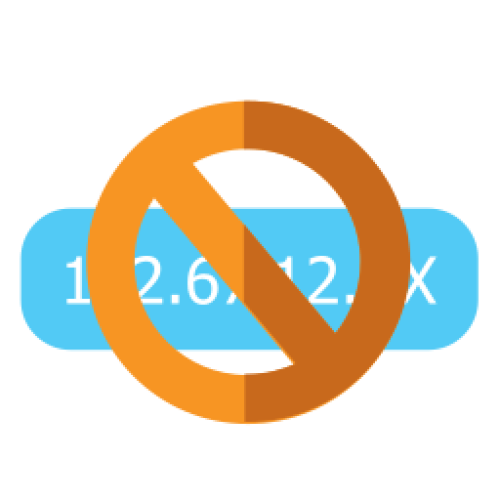Features: A-Z Index
A
B
C
D
E
F
G
I
L
M
N
P
Q
R
S
T
W
Newest 10 Entries
| Question | How can I filter the news archive to show specific content? |
|---|---|
| Answer | The news system allows advanced filtering:
These filters are controlled through parameters passed to the news blocks and carried through navigation links. When viewing a news post, you can also filter by the categories associated with that post. |
| Question | How do I display external RSS feeds on my Composr website? |
|---|---|
| Answer | Composr offers two blocks for displaying RSS and Atom feeds in a news-like format:
To add a block, use the Block Construction Assistant or insert the following Comcode into your page: [block="http://example.com/feed.xml"]main_rss[/block] [block="http://example.com/feed.xml"]side_rss[/block] Replace "http://example.com/feed.xml" with the actual feed URL. Important: Exercise caution when using external feeds. Ensure the source is trustworthy, as malicious feeds can contain harmful code. |
| Question | What are RSS/Atom feeds and how do they benefit my website? |
|---|---|
| Answer | Feeds, in formats like RSS and Atom, are XML files that syndicate your website content, making it accessible beyond your website. They can be viewed using feed reader applications (e.g., Feedly, Vienna) or integrated into other websites or web browsers. Composr supports both RSS and Atom for syndicating news and other content. While RSS is more common, Atom is a cleaner, standardized format. Both effectively share your content updates. Benefits:
|
| Question | What are Personal Categories/Blogs in Composr? How do I create one? |
|---|---|
| Answer | Composr allows members of permitted usergroups to have their own personal news categories, also known as "blogs". These blogs appear as a tab on the member's profile (Conversr-only) and may also appear in the main news block depending on your configuration. To create a blog, a member simply adds a news post and selects their personal category. If the category doesn't exist, it will be automatically created upon submission. A dedicated "Blogs" CMS module (Admin Zone > Content > Blogs) is available if the "Separate blogs" configuration option is enabled. This simplified module focuses on blog posting and can be used to restrict members from submitting to general website news. |
| Question | What is "pinging" and how does it work in Composr? |
|---|---|
| Answer | In blogging, "pinging" is an automatic notification sent to blog search engines and other services when you publish a new post. Composr can automatically ping services defined in Admin Zone > Setup > Configuration > Feature options. These services then index your new article, making it searchable. A default ping service (http://pingomatic.com/ping/?title=title&blogurl=url&rssurl=rss) is pre-configured to relay your ping to numerous other services. You can customize the ping URL with these placeholders:
Pinging only occurs for news categories accessible to the public (guests). |
| Question | How do I schedule a news post to be published at a specific time? |
|---|---|
| Answer | Once you have enabled the system scheduler (requires the Composr calendar and commandr addons), an advanced scheduling option will appear when adding or editing news posts. By setting a future date and time, your post will remain unvalidated until the chosen time, at which point it will be automatically validated and published. |
| Question | How can members edit their profiles and account settings? |
|---|---|
| Answer | Members can edit their profiles and account settings through the "Edit" tab on their profile page. They can change their password, update personal information, manage their avatar and signature, and adjust their privacy settings. Administrators have access to additional options for managing member accounts. |
| Question | What is the difference between member terms? |
|---|---|
| Answer |
It's important to understand these distinctions to properly manage permissions, track user activity, and personalize the website experience. |
| Question | What are Welcome Emails and how do they work? |
|---|---|
| Answer | Welcome Emails are a series of automated emails sent to new members on a predefined schedule. They can be used to introduce the website's features, encourage engagement, and provide helpful information. Website administrators can customize the content and schedule of these emails. |
| Question | How can I enhance or enforce the security of member passwords? |
|---|---|
| Answer | Composr offers several features to improve password security:
|
Top 10 Entries
| Question | Why are my searches slow, and how can I improve search speed? |
|---|---|
| Answer | Slow searches can occur when dealing with large amounts of content. Here are some workarounds and solutions:
|
| Question | How does the search engine handle different languages? |
|---|---|
| Answer | Composr's fast custom index supports multiple languages. Content is indexed based on its translated version, ensuring that you get relevant results even when searching in a different language. |
| Question | What are quoted phrases and how do they work? |
|---|---|
| Answer | Quoted phrases allow you to search for an exact sequence of words. For example, searching for "red apple" will only return results containing that exact phrase. Keep in mind that enabling quoted phrases can increase disk space usage. |
| Question | How do stop words affect search results? |
|---|---|
| Answer | Stop words are common words (like "the", "a", "is") that are ignored by the search engine because they add noise and don't contribute to the meaning of the search query. You can customize the list of stop words for the fast custom index. See the search tutorial for more information. |
| Question | How can I improve my search results? |
|---|---|
| Answer | Here are some tips for improving search results:
|
| Question | What is the fast custom index and why should I use it? |
|---|---|
| Answer | The fast custom index is Composr's own search engine, designed to be faster and more efficient than MySQL full-text search, especially for large websites and filtered searches. Benefits of the fast custom index:
Downsides of the fast custom index:
|
| Question | Can I filter my search results? |
|---|---|
| Answer | Yes, you can filter your search results by:
|
| Question | What is the difference between natural and boolean searching? |
|---|---|
| Answer | Natural search is a more relaxed approach where you type in your search terms and Composr tries to find the most relevant results, even if they don't contain all the words. It's like a Google search. Boolean search requires more precision and uses operators like "+", "-", and quotation marks to define exactly what you're looking for. For example, searching for "+car -maintenance" will only return results that contain the word "car" but not "maintenance". |
| Question | How do I search my Composr website? |
|---|---|
| Answer | There are a few ways to search your Composr website:
|
| Question | How do I mark correct answers in a quiz? |
|---|---|
| Answer | For questions with predefined answers, you can mark correct answers by adding [*] after the answer. If no answer is marked correct, the question will require manual marking. You can also use the [UNMARKED] tag after a question to exclude it from scoring. |






